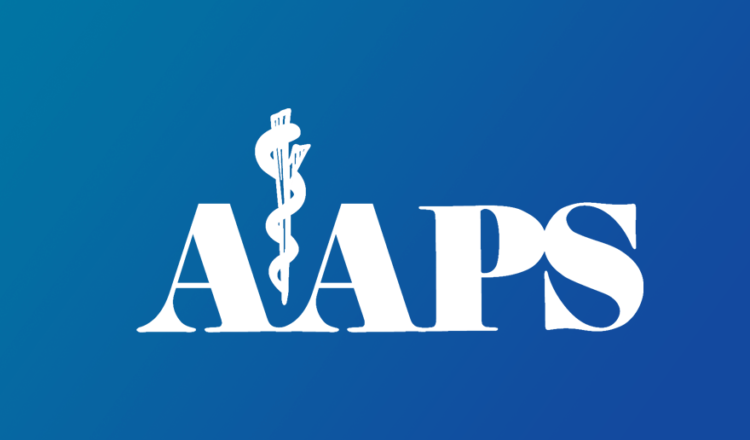The members of this Association stand united in their conviction:
a. That medical care can never be without cost to someone inasmuch as nothing is available to man in inexhaustible supply, and resources of time, energy, and material devoted to medical use cannot be used for other purposes;
b. That health, like happiness, is by its nature personal and is primarily an interest of the individual (as contrasted with environmental factors bearing on health, some of which may be primary interests of society);
c. That responsibility and control are by their nature inseparable, and that every right or privilege carries with it a corresponding obligation or responsibility;
d. That certain modes of providing medical services to the individual are inimical to the interests of the patient and the public, detrimental to the quality of the service, and destructive to the professional nature of medical practice. Such objectionable modes include:
1. Any method that (a) implies that health or physical well-being can be sold, provided, conferred, or otherwise obtained without primary responsibility of the individual to achieve it through his own adjustment to situation and circumstance, his own effort, and his own bodily processes; or (b) promises or pretends to shift such primary responsibility to any other person or agency, or (c) implies that professional medical care can be substituted for, or be effective in the absence of, the basic natural necessities of life;
2. Any method that implies that professional medical services can be standardized or mass-produced, or that the medical needs of any individual can be determined “scientifically” or otherwise without primary regard to his unique personal capacities and limitations (physical, psychological, educational, social and economic) and his personal preferences;
3. Any method that involves financial transactions wherein:
(a) Price-fixing is encouraged,
(b) Professional services are evaluated in terms of the technical procedures that are involved, or
(c) The value of a doctor’s professional service to his patient is determined, or his fees dictated, by any process except mutual agreement between him and his patient, subject to legal proceedings in case of dispute;
4. Any method that requires any individual to pay brokerage on medical services, or permits any third party to derive a profit from the financial transactions between a patient and his doctor;
5. Any method whereby any person is required, through taxation or otherwise, (a) to give involuntary financial support to any system of practice or to any practitioner whose services he does not use, or (b) to pay for services unrelated to his complaint as a condition to obtaining the services he desires;
6. Any method that implies that truth or scientific validity can be established by fiat or by governmental edict:
(a) By limiting academic freedom,
(b) By governmental discrimination, upholding any health doctrine or system of practice, or
(c) By giving to any medical or scientific dictum the force of law except insofar as may be unavoidable in protecting persons who take reasonable precautions of self-protection against manifest danger from communicable disease;
7. Any method that degrades the standards of medical care by permitting anyone having lesser qualifications than are required for licensure to practice medicine:
(a) To assume responsibility for, or control over, any investigation made for purposes of diagnosis, or upon which decisions regarding treatment will be based, or
(b) To assume responsibility for the direction of treatment;
8. Any method that infringes the patient’s right to the complete fidelity and undivided loyalty of the practitioner to whom he entrusts his welfare in anyway, for example:
(a) By permitting any third party, by reason of financial interest or otherwise, to influence what the doctor does for his patient, or to interfere in the free exercise of the doctor’s best professional judgment in the patient’s behalf,
(b) By making the doctor responsible as agent or otherwise, to any person or agency other than the patient or to one who stands in loco parentis to the patient, except to such minimum degree as may be necessary in controlling contagious disease, or
(c) By limiting the doctor’s freedom to withdraw whenever he is asked to assume or to share responsibility for anything he thinks contrary to the patient’s interest.
9. Any method that infringes the inalienable right of any individual to personal privacy and to seek health in his own way (subject only to the authority of the government to take such reasonable additional steps as may be necessary in protecting others who take reasonable precautions of self-protection against manifest danger from communicable disease or intolerable social maladjustment):
(a) By subjecting him to assault or to uninvited investigation in the name of medical care,
(b) By subjecting him to pressure to accept medical care he does not want,
(c) By impairment or prejudice of his freedom to select at the time he wants medical help, the particular practitioner to whom he will entrust his welfare,
(d) By impairment or prejudice of his freedom to decide when, to what extent, and for how long he will follow the advice or accept the help of any practitioner, or
(e) In any other way.




